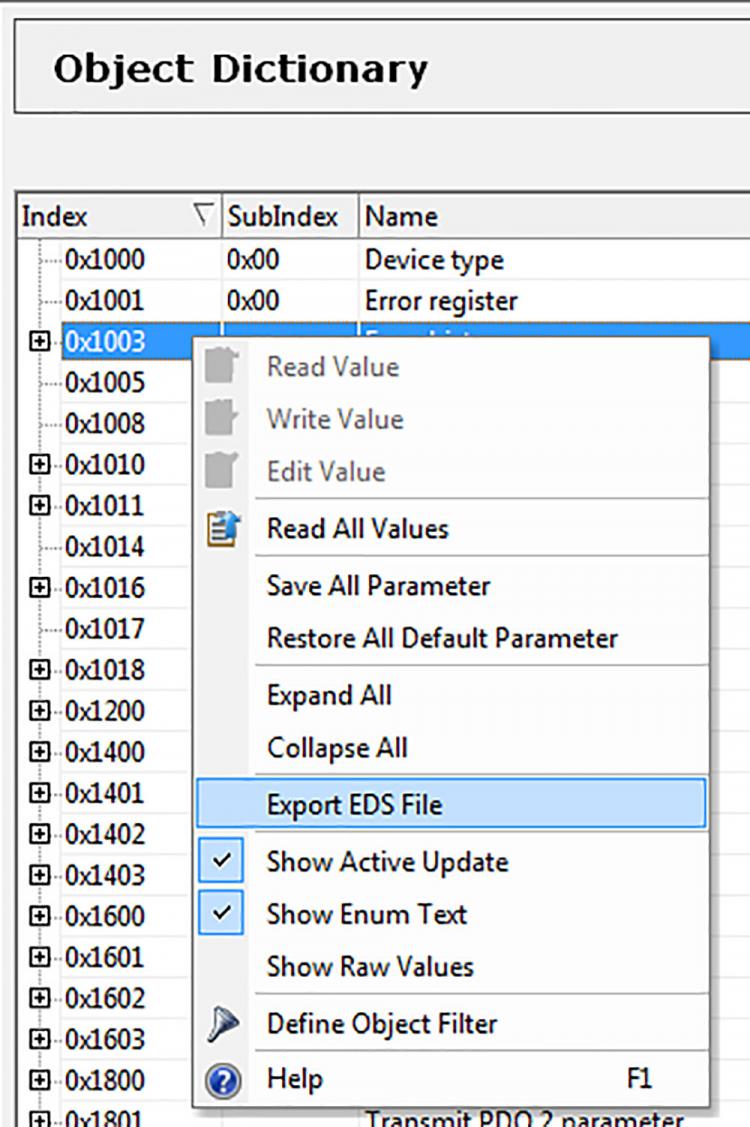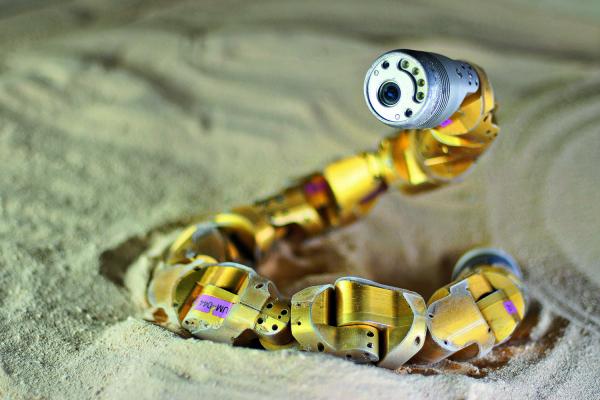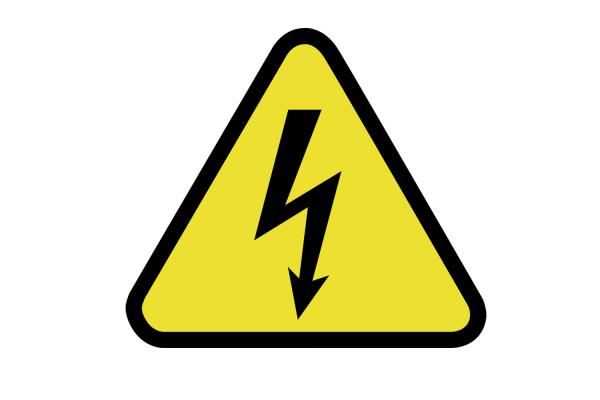Topic
What do the abbreviations EDS / ESI mean?
What is the EDS / ESI file used for?
Where to find the *.eds / *.esi file of an EPOS, EPOS2, EPOS4, or MCD?
Solution:
The term "EDS" stands for "Electronic Data Sheet" of an CANopen device. In case of an EtherCAT device the corresponding file is called "ESI" (= "EtherCAT Slave Information").
The *.eds / *.esi file holds all the details (e.g. object type, data type, access type, PDO mapping, default, value range) of each object supported by the CANopen resp. EtherCAT slave device. The *.eds / *.esi file (e.g. EPOS, EPOS2, EPOS4, MCD) is required to integrate the representation of the device (and its provided functionality) into the system manager of PLCs.
The content of an *.eds / *.esi file depends on the concrete controller type and its firmware version. Therefore maxon does not provide the *.eds / *.esi file as part of the documentation and not as a download file by the website. The *.eds / *.esi file of maxon controllers can be exported by EPOS Studio which ensures that the *.eds / *.esi file corresponds to the hardware and firmware of the controller actually in use.
Exporting the *.eds / *.esi file of an EPOS, EPOS2, EPOS4, MCD:
The export of the *.eds / *.esi file is quite easy to process:
- Start EPOS Studio
- Connect your EPOS, EPOS2, EPOS4, or MCD to EPOS Studio
- Open the "Object Dictionary" tool.
- Right-click on any line in the "Object Dictionary".
Select "Export EDS File":
(resp. "Export ESI File" in case of an EtherCAT slave device)

The name of the exported file holds the hardware and firmware number, as well as specific application information, e.g. "maxon_motor_EPOS4_0140h_6350h_0000h_0000h.eds" corresponds to the standard firmware version 0x140 installed on the hardware product type 0x6350 (= "EPOS4 50/5").
Additional Remark:
The *.eds / *.esi file is an "Electronic Data Sheet", i.e. it does not(!) hold the currently configured data values of the objects. If a configuration file with the currently valid object values in addition is required for documentation or setting up a system with the same parameters, the so-called *.dcf file has to be exported. The *.dcf file can be also exported easily by the “Parameter Export/Import” wizard of maxon’s “EPOS Studio” software. The *.dcf file is quite similar to the *.eds / *.esi file but holds the currently configured values of the objects in addition.
For additional help, please contact the maxon Support Center http://support.maxonmotor.com





